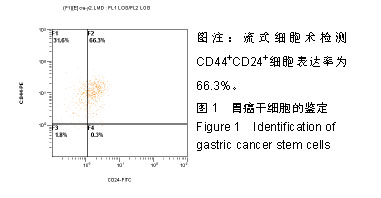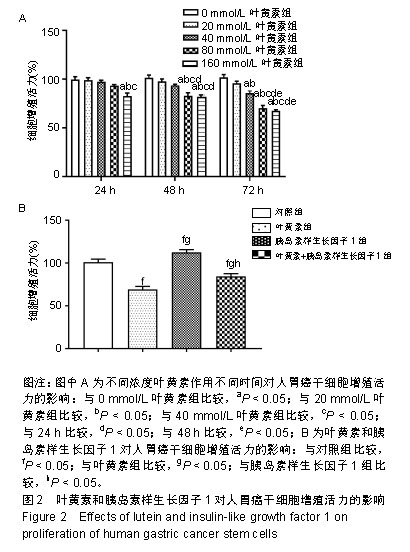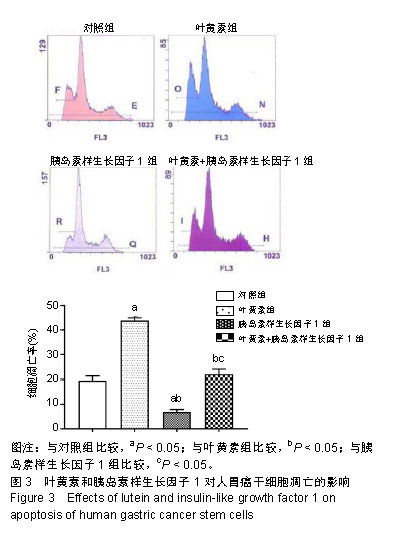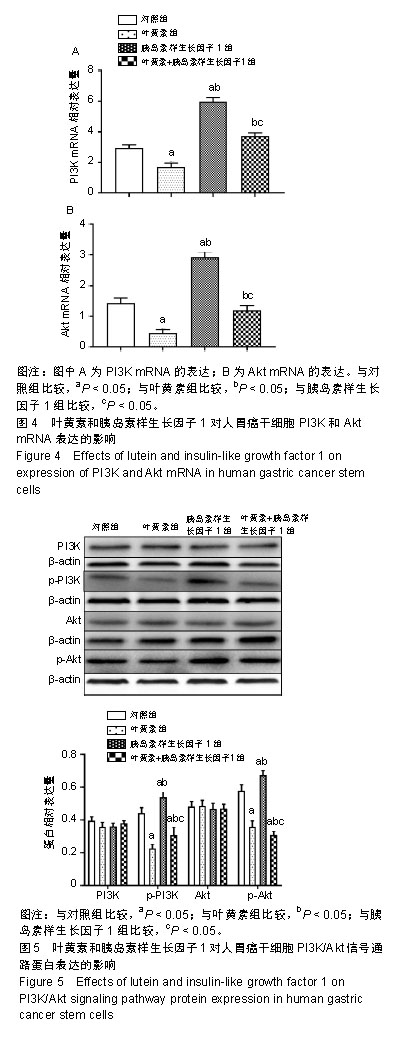| [1]Baldessari C, Gelsomino F, Spallanzani A, et al. Beyond the Beyond: A Case of an Extraordinary Response to Multiple Lines of Therapy in a de novo Metastatic HER2-Negative Gastric Cancer Patient. Gastrointest Tumors. 2018;5(1-2):14-20.[2]Hiramatsu Y, Takeuchi H, Goto O, et al. Minimally Invasive Function-Preserving Gastrectomy with Sentinel Node Biopsy for Early Gastric Cancer. Digestion. 2019;99(1):14-20.[3]Fu Y, Du P, Zhao J, et al. Gastric Cancer Stem Cells: Mechanisms and Therapeutic Approaches. Yonsei Med J. 2018;59(10):1150-1158.[4]Hu H, Song Z, Yao Q, et al. Proline-Rich Protein 11 Regulates Self-Renewal and Tumorigenicity of Gastric Cancer Stem Cells. Cell Physiol Biochem. 2018;47(4):1721-1728.[5]Zavros Y. Initiation and Maintenance of Gastric Cancer: A Focus on CD44 Variant Isoforms and Cancer Stem Cells. Cell Mol Gastroenterol Hepatol. 2017;4(1):55-63.[6]Hayakawa Y, Fox JG, Wang TC. The Origins of Gastric Cancer From Gastric Stem Cells: Lessons From Mouse Models. Cell Mol Gastroenterol Hepatol. 2017;3(3):331-338.[7]Bekaii-Saab T, El-Rayes B. Identifying and targeting cancer stem cells in the treatment of gastric cancer. Cancer. 2017;123(8):1303-1312.[8]常景芝,王琛,李宜川,等.叶黄素对乳腺癌细胞活力的影响[J].中国病理生理杂志,2018,34(5): 930-933.[9]孙震,奚海燕,李博,等.叶黄素和玉米黄素抑制口腔上皮细胞癌增殖的实验研究[J].食品科学, 2006,27(6): 207-211.[10]李莉,任广伟,赵昱,等.叶黄素对体外培养的人食管癌Ec-9706细胞增殖和凋亡的影响[J]. 河北医科大学学报,2013,34(3): 249-252.[11]付蕾,冀波,王聪,等.基于活性氧机制的叶黄素诱导胃癌SGC-7901细胞凋亡的研究[J].时珍国医国药,2012,23(4): 970-971.[12]王若仲,沈新南,施冬云,等.叶黄素对人肝癌细胞HepG2的抑制作用及其机制研究[J]. 营养学报,2012,34(4):332-335.[13]刘会芳,赵元华,何荣霞,等.叶黄素对人宫颈癌HeLa细胞增殖和凋亡的影响[J].中华妇幼临床医学杂志(电子版),2015,11(1):14-17.[14]王丽平,付蕾,叶淑柯,等.叶黄素对人前列腺癌PC3细胞增殖和凋亡影响的机制[J].肿瘤防治研究,2018,45(5): 274-279.[15]Kenna MM, McGarrigle S, Pidgeon GP. The next generation of PI3K-Akt-mTOR pathway inhibitors in breast cancer cohorts. Biochim Biophys Acta Rev Cancer. 2018;1870(2):185-197.[16]张红兵,戴晓江,郭蔚,等.分析胃癌组织淋巴细胞亚群及其表达细胞因子比例的变化特征[J].解剖学研究, 2018, 40(2): 100-103.[17]Shao Q, Xu J, Guan X, et al. In vitro and in vivo effects of miRNA-19b/20a/92a on gastric cancer stem cells and the related mechanism. Int J Med Sci. 2018;15(1):86-94.[18]Tanabe S, Aoyagi K, Yokozaki H, et al. Regulation of CTNNB1 signaling in gastric cancer and stem cells. World J Gastrointest Oncol. 2016;8(8): 592-598.[19]Akrami H, Moradi B, Borzabadi Farahani D, et al. Ibuprofen reduces cell proliferation through inhibiting Wnt/β catenin signaling pathway in gastric cancer stem cells. Cell Biol Int. 2018;42(8):949-958.[20]Zhou YL, Li YM, He WT. Application of Mesenchymal Stem Cells in the Targeted Gene Therapy for Gastric Cancer. Curr Stem Cell Res Ther. 2016;11(5):434-439.[21]李阳,赵永福.胃癌干细胞的分离、鉴定及其特性[J].中国组织工程研究,2015, 19(32):5188-5192.[22]Brungs D, Aghmesheh M, Vine KL, et al. Gastric cancer stem cells: evidence, potential markers, and clinical implications. J Gastroenterol. 2016;51(4):313-326.[23]Bessède E, Dubus P, Mégraud F, et al. Helicobacter pylori infection and stem cells at the origin of gastric cancer. Oncogene. 2015;34(20): 2547-2555.[24]Zhang C, Li C, He F, et al. Identification of CD44+CD24+ gastric cancer stem cells. J Cancer Res Clin Oncol. 2011;137(11):1679-1686.[25]杜华,师迎旭.胃癌干细胞表面标记物的研究与最新进展[J].中国组织工程研究, 2016,20(41):6225-6232.[26]Gill BS, Navgeet, Mehra R, et al. Ganoderic acid, lanostanoid triterpene: a key player in apoptosis. Invest New Drugs. 2018;36(1):136-143.[27]Liu J, Liu M, Chen L. Novel pathogenesis: regulation of apoptosis by Apelin/APJ system. Acta Biochim Biophys Sin (Shanghai). 2017;49(6): 471-478.[28]Shen X, Si Y, Wang Z, et al. Quercetin inhibits the growth of human gastric cancer stem cells by inducing mitochondrial-dependent apoptosis through the inhibition of PI3K/Akt signaling. Int J Mol Med. 2016;38(2):619-626.[29]贺东黎.姜黄素通过ATK/FoxM1信号通路调控胃癌干细胞增殖及凋亡[J].中国组织工程研究,2016,20(32):4731-4737.[30]张晓娇,李小娜,张慧珠.叶黄素等天然抗氧化剂逆转MCF-7/ADM多药耐药作用的筛选及机制研究[J].中药药理与临床, 2014,15(3):35-39. |
.jpg)




.jpg)
.jpg)
.jpg)